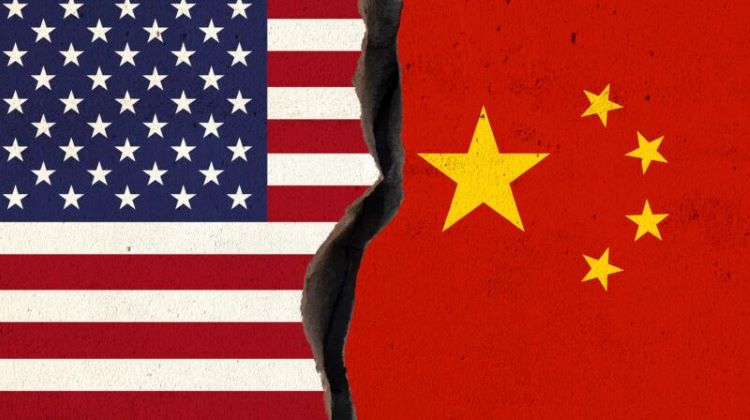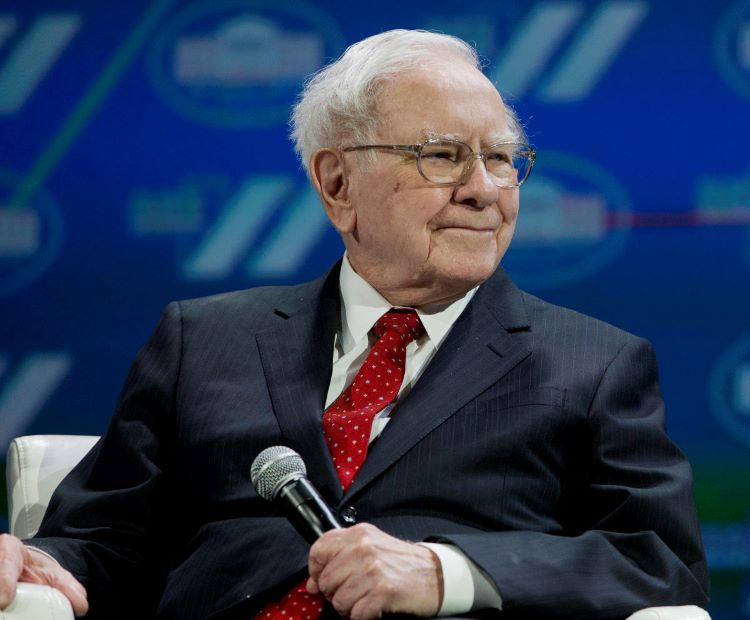In brief
- According to the court-appointed trustee in the Synapse bankruptcy, there is an $85 million shortfall between the funds held by partner banks of fintech middleman Synapse and the amount owed to depositors.
- Customers of fintech firms that utilised Synapse to connect with banks had a staggering $265 million in balances.
- However, according to a report filed by trustee Jelena McWilliams on Thursday, the banks only had $180 million associated with those accounts.
- She stated that it remains unclear what happened to the missing funds.
The court-appointed trustee in the Synapse bankruptcy says partner banks of fintech middleman Synapse owe depositors $85 million.
Fintech customers who linked to banks using Synapse had $265 million. Later on Thursday, trustee Jelena McWilliams stated the institutions only had $180 million in those accounts.
The missing cash explains the worst U.S. fintech breakdown since the start of the 2008 financial crisis. Over 100,000 clients of a variety of fintech companies have been locked out of their savings accounts for nearly a month after Andreessen Horowitz-backed startup Synapse faltered due to user balance disputes.
McWilliams’ analysis is the first outside attempt to identify the extent of lost funds in this issue. Synapse and its partners, including Evolve Bank & Trust, have accused each other of unlawfully transferring balances or keeping erroneous ledgers in court filings.
No clarity on missing funds
Since becoming trustee on May 24, McWilliams has reconciled the ledgers of Evolve, American Bank, AMG National Trust, and Lineage Bank to restore consumer finances.
McWilliams said the banks need more information to finish the research, including how Synapse brokerage and lending firms affected capital flows. She claimed Synapse used various banks to service the same companies and mixed funds.
Even worse, she continued, the lost cash’s fate is unknown.
The source of the shortfall, including whether end-user cash and negative balance accounts were shifted across Partner Banks to enhance or lower their respective shortfalls at an earlier point, is unknown, McWilliams said.
McWilliams, former Federal Deposit Insurance Corporation chief and Cravath partner, did not respond to calls for comment.
Disseminating the burden
According to McWilliams’ report, her task has become more challenging due to the lack of funds available to pay external forensics firms or former Synapse employees for assistance. Synapse terminated all of its employees on May 24.
However, certain customers who had their funds held in demand deposit accounts at banks have already started gaining access to their accounts, according to her.
However, individuals whose funds were pooled in a communal manner, referred to as for benefit of, or FBO, accounts, may encounter difficulties in accessing their funds. According to her, it will take several more weeks to fully reconcile.
In her report, McWilliams laid out several options for Judge Martin Barash to consider at a Friday hearing that will enable at least some FBO customers to regain access to their funds.
A time of turmoil
At the start of the public hearing on Friday, McWilliams advised Barash to give all FBO customers partial payments to “partial alleviate the effects on end users who are currently waiting and locked out of access to their funds” while keeping a reserve for later payments.
Barash’s statements cast doubt on further progress.
The judge thanked McWilliams but said he “struggled” with “what I can do, and how I can help.”
Barash called the bankruptcy court’s potential action “uncharted territory” because the depositors’ cash was not the Synapse estate’s.
“This is a crisis, and I would like to see a resolution, but I’m not sure if people are looking for court orders, what I can provide,” Barash added.
One possible approach is to fully compensate certain customers while deferring payments to others, based on the reconciliation status of their individual FBO accounts. Another possibility could involve distributing the deficit equally among all customers, thereby ensuring that limited funds are made available more quickly.
Source : CNBC News




